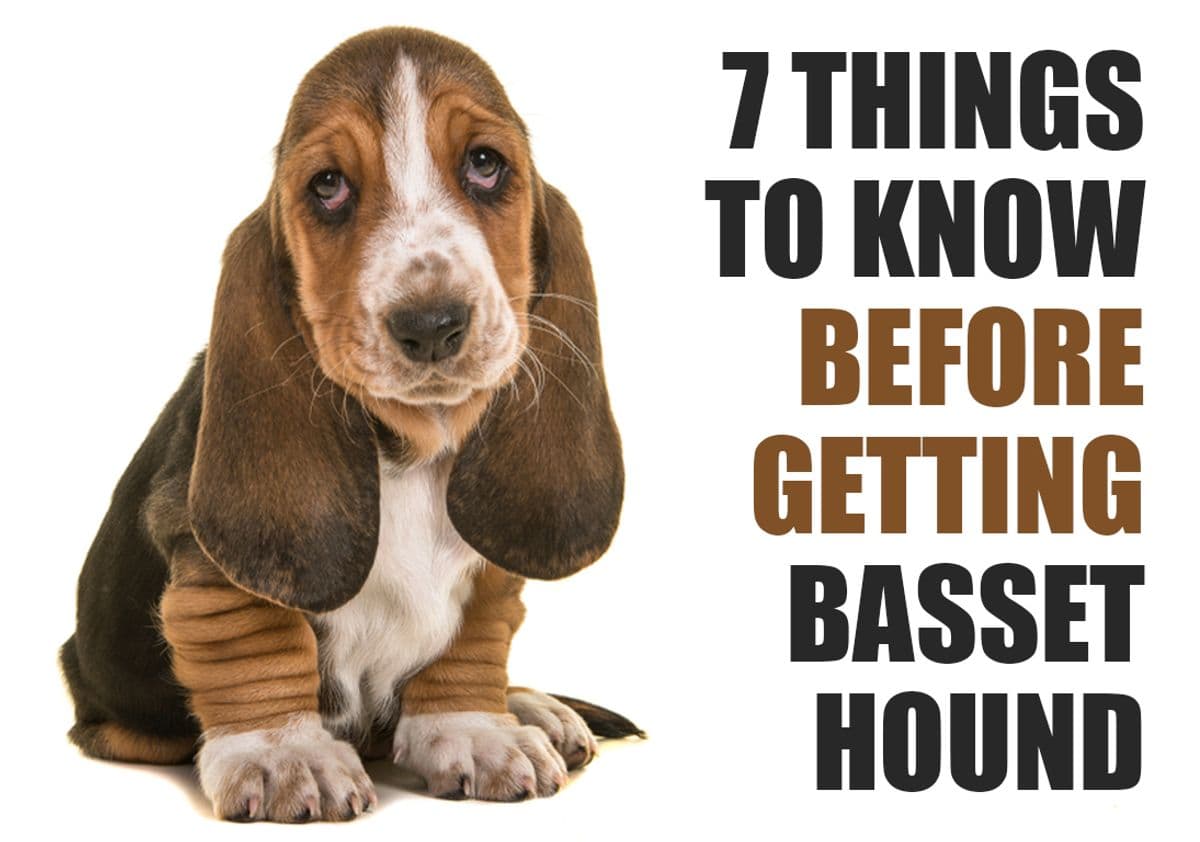What You Should Know Before Adopting a Basset Hound Puppy

If you’ve ever seen a Basset Hound, you probably remember those long ears, droopy eyes, and that unmistakable “sad” look — but don’t be fooled! These dogs aren’t sad at all. In fact, they’re sweet, smart, and surprisingly playful. If you're thinking about bringing one home, here’s what we’ve learned from living with and loving scent hounds like the Basset.
What Makes Basset Hounds So Unique?
Bassets were bred to track scents — not chase prey by sight like Greyhounds or Whippets. This means they’re slow movers but incredibly focused when their nose picks up something interesting. That stubborn streak? It’s part of the job. They were designed to follow their noses above all else — including you calling them from across the yard.
What You Should Know Before Getting a Basset Hound
1. They’re Obsessed with Food
Bassets are ruled by their noses. If something smells remotely edible, they’ll find it — whether it’s your dinner on the coffee table or yesterday’s pizza crust in the trash. Keep food out of reach and trash cans secure. On the plus side, this food drive makes them very trainable — as long as you’ve got treats on hand.
2. Training Takes Patience (and Snacks)
Bassets are smart, but they’re independent thinkers. They often understand your commands — they just don’t care unless it benefits them. Keep training sessions short, fun, and full of rewards. Don’t expect instant obedience, and don’t take it personally if they ignore you now and then.
3. Surprisingly Healthy, But Watch for a Few Things
They’re generally sturdy, but there are a few health concerns to keep an eye on:
- Dental issues: Start brushing their teeth early and often.
- Obesity: Easy to overfeed, hard to convince to exercise. Keep treats in check.
- Eye problems: Regular vet checks can help catch things like cherry eye or glaucoma early.
- Back problems: Their long bodies make them prone to spinal issues, so avoid letting them jump off furniture.
4. Not Couch Potatoes (Well, Not Entirely)
Yes, they love a good nap, but Basset puppies especially can be very playful. They don’t need endless hikes — two decent walks a day and some indoor playtime usually do the trick.
5. Quiet (Most of the Time)
Unlike some vocal breeds, Bassets aren’t known for constant barking. They’re not natural guard dogs, which actually makes them great for apartment living — as long as you socialize them early so they’re not startled by every noise or visitor.
6. Fantastic with Kids and Other Pets
This is one of the reasons we think Bassets make amazing family dogs. They’re gentle, tolerant, and laid-back — perfect for households with children or other animals. As always, early socialization helps, but their natural temperament is patient and friendly.
7. Grooming is Easy — But Don’t Skip It
Their short coats are low-maintenance, but those big ears and wrinkly skin need regular care. Here’s the basic routine we recommend:
- Brush their coat a couple times a week
- Clean and check their ears weekly
- Bathe them every few weeks
- Brush their teeth at least twice a week
Who Should Get a Basset?
Bassets are ideal for families or individuals who want a loving, funny, and relatively low-energy companion. They’re not high-maintenance, but they do need regular grooming and a bit of patience during training. If you enjoy relaxed walks, indoor playtime, and a dog who’s part clown, part cuddlebug — a Basset might be your perfect match.
Getting Ready for a Basset Hound
You don’t need much to get started:
- A comfy bed (they love their naps)
- Good-quality treats (for training leverage)
- Dog brushes, ear cleaner, and dog shampoo
- A toothbrush and vet-approved toothpaste
- Toys — especially puzzle or scent-based ones
That’s it! With a little prep and a lot of love, you’ll have a loyal, hilarious, and sweet-smelling (well… not always) companion by your side.